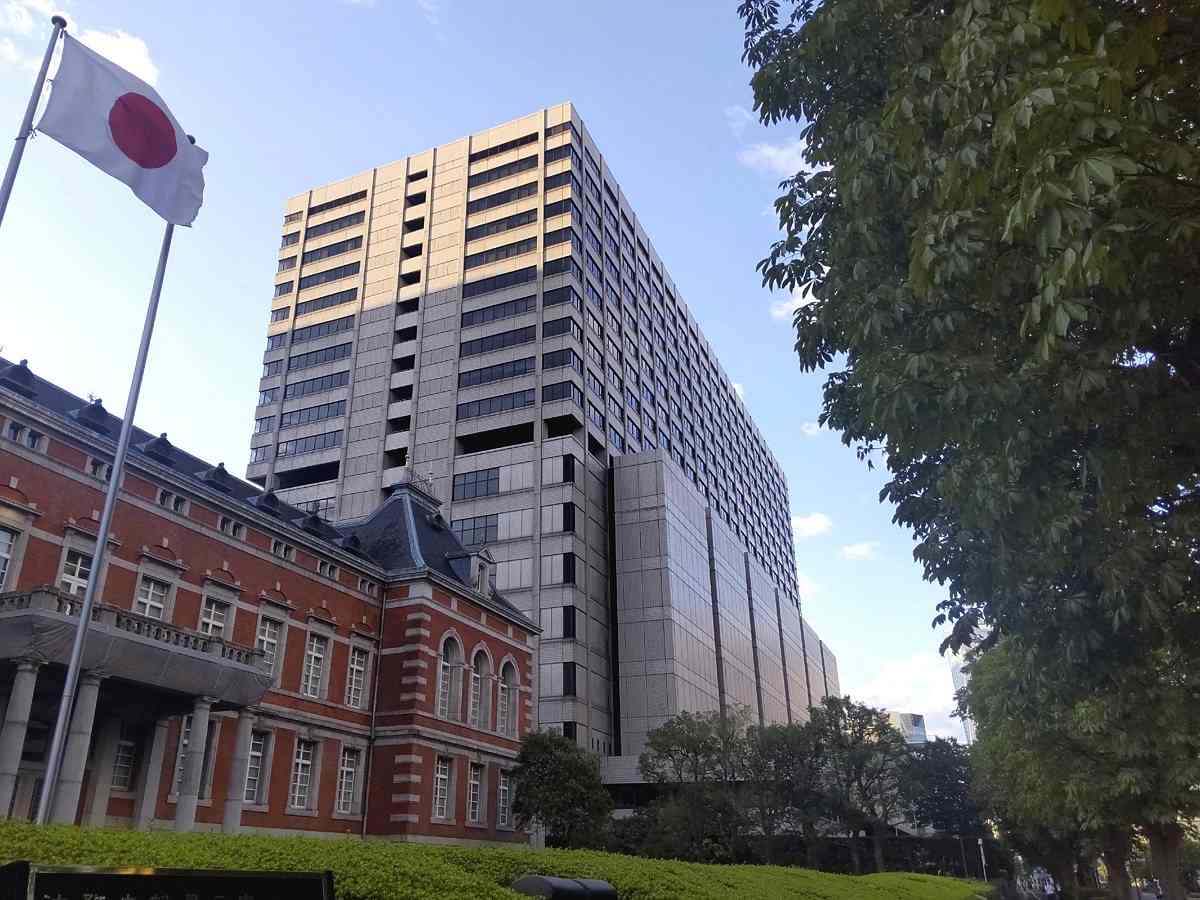Denial of Same-Sex Marriage Ruled Unconstitutional; Tokyo High Court Says Legal System Goes Against Equality (Update 2)

The Tokyo District Court and Tokyo High Court
10:45 JST, October 30, 2024 (updated at 17:00 JST)
The fact that the Civil Code and Family Registration Law do not allow same-sex couples to marry is unconstitutional, the Tokyo High Court has ruled Wednesday in a lawsuit filed by multiple couples.
The ruling stated that the legal system violated articles of the Constitution in this respect, including Article 14, which guarantees equality for all under the law.
Presiding Judge Sonoe Taniguchi said the system treated people “in a legally discriminatory manner based on their sexual orientation.” However, Taniguchi rejected the plaintiffs’ demand for compensation from the government, as the Tokyo District Court did earlier.
Six lawsuits regarding same-sex marriage have been filed at five district courts across the nation since 2019.
This was the second ruling by a high court in that series of lawsuits, following the Sapporo High Court’s ruling in March that banning same-sex marriages was unconstitutional.
The main points of contention at the Tokyo High Court were whether provisions in the Civil Code and Family Registration Law that recognize only opposite-sex marriage violated Paragraph 1 of the Constitution’s Article 24, which stipulates freedom of marriage; Paragraph 2 of Article 24, which states that laws on “matters pertaining to marriage … shall be enacted from the standpoint of individual dignity and the essential equality of the sexes;” and Paragraph 1 of Article 14, which guarantees that all people “are equal under the law.”
The ruling said the significance of the marriage system is that it forms the basis for leading a stable, fulfilling social life, and that it should be fully respected as an important legal benefit. It stated that under the current system, where same-sex marriage is not recognized, same-sex couples are unable to receive such benefits and they face significant disadvantages.
The court also said that the essential purpose of marriage is not to produce children, and that even if same-sex marriage is recognized, the legal protections that have been afforded to opposite-sex marriages will not be reduced.
Taking into account the rise in public awareness of same-sex marriage and other factors, the court ruled that there was no rational basis for determining whether a person can enjoy important legal benefits based on their sexual orientation, and that such actions were in violation of Paragraph 1 of Article 14 and Paragraph 2 of Article 24 of the Constitution.
However, the court rejected the plaintiff’s claim for compensation. It ruled that taking no measures to enact relevant laws could not be deemed illegal, as the discrimination had not become clear to the Diet by April, when the appeal hearings concluded.
District court rulings have been split among the six lawsuits, with two saying the current laws were unconstitutional, three that they were in a state of unconstitutionality, and one finding them constitutional.
Top Articles in Society
-

Man Infected with Measles Reportedly Dined at Restaurant in Tokyo Station
-

Man Infected with Measles May Have Come in Contact with Many People in Tokyo, Went to Store, Restaurant Around When Symptoms Emerged
-

Woman with Measles Visited Hospital in Tokyo Multiple Times Before Being Diagnosed with Disease
-

Australian Woman Dies After Mishap on Ski Lift in Nagano Prefecture
-

Foreign Snowboarder in Serious Condition After Hanging in Midair from Chairlift in Nagano Prefecture
JN ACCESS RANKING
-

Japan PM Takaichi’s Cabinet Resigns en Masse
-

Japan Institute to Use Domestic Commercial Optical Lattice Clock to Set Japan Standard Time
-

Israeli Ambassador to Japan Speaks about Japan’s Role in the Reconstruction of Gaza
-

Man Infected with Measles Reportedly Dined at Restaurant in Tokyo Station
-

Videos Plagiarized, Reposted with False Subtitles Claiming ‘Ryukyu Belongs to China’; Anti-China False Information Also Posted in Japan





















